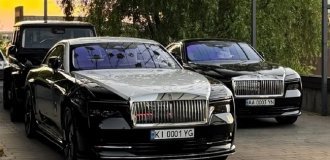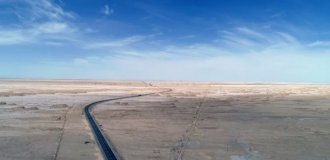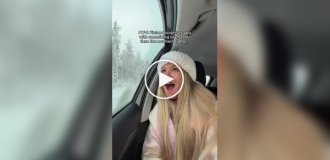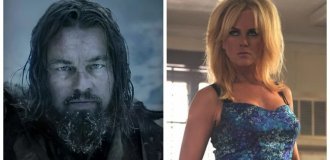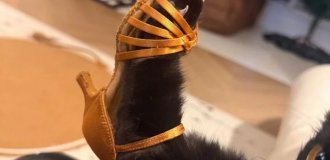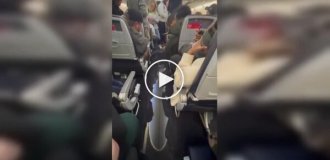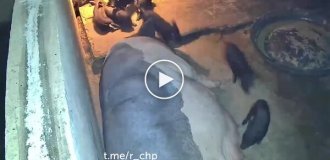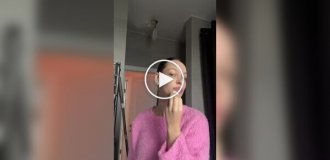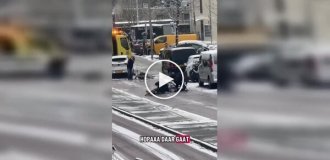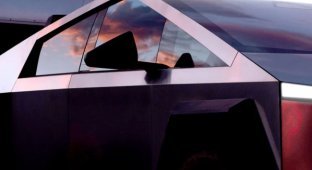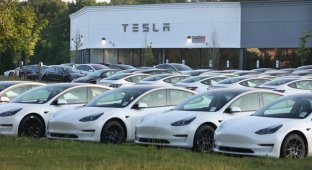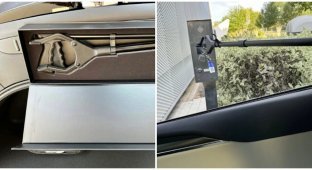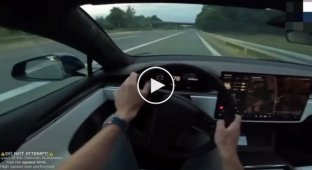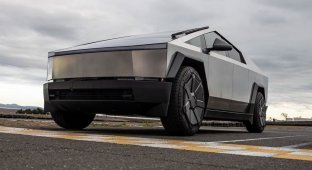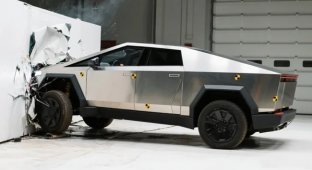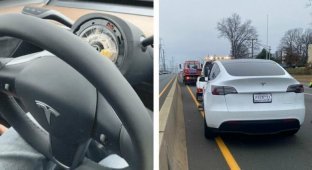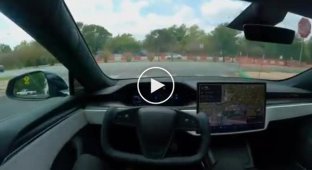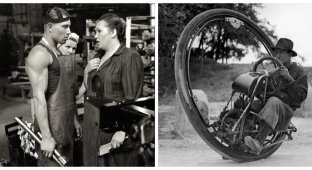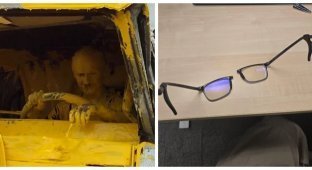Tesla denies responsibility to warn owners about alleged safety issues (3 photos)
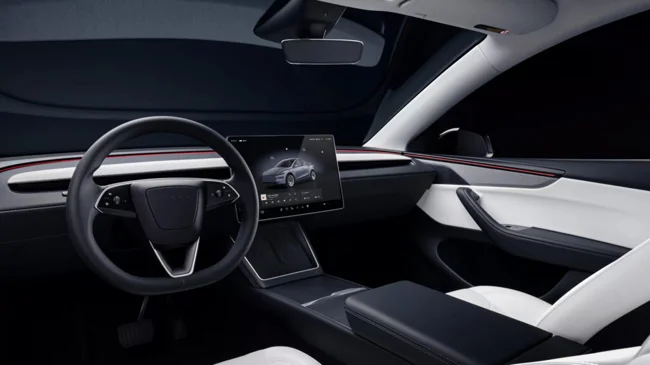
Case Summary
A woman claims that defective Model Y handles left her stranded after a crash and fire in Virginia. Tesla is seeking to dismiss the lawsuit, citing arbitration, federal compliance and jurisdictional issues. The automaker denies all charges, citing driver negligence and is demanding a jury trial.
Accident Details
Automobile accidents often raise safety concerns, but when they involve modern technology, complex debates about design and liability can arise. On December 9, 2023, a routine trip turned into a devastating accident for Susmita Maddi, who suffered burns and other injuries after her husband had a medical emergency and crashed their Model Y.
Lawyers later filed a lawsuit against Tesla, alleging that “the Model Y’s door handles and locking system were defectively designed, preventing rescuers from evacuating passengers after the crash” and that “the vehicle’s warnings and instructions were inadequate.”
Plaintiffs’ Position
Lawyers also claim that the car “was defective and unreasonably dangerous because it was not properly designed, manufactured, or advertised to minimize the risk of injury.” They also claim that the vehicle was not safe in the crash and that the interior “could not reasonably have been evacuated or accessed” after the impact.
In this case, the legal team claims that when the fire broke out, witnesses were unable to open the door from the outside due to a defective door handle and lock.
Tesla’s response
Now the automaker has responded and says it doesn’t even have to defend itself. The issue is who should be responsible for informing customers about the design details.
Tesla said, “Texas judges have specifically ruled that there is no duty to provide after-sales warning of an allegedly defective product or recall.”
The word “allegedly” is important here. If this were a confirmed defect, something that would lead to a recall, Tesla and any other automaker would indeed be required to notify owners. In this case, Elon Musk’s company argues that the Model Y meets all state and federal safety standards. To that end, it is seeking a full dismissal of the case and further argues that Virginia, the location of the accident, has a greater legal interest in the matter. 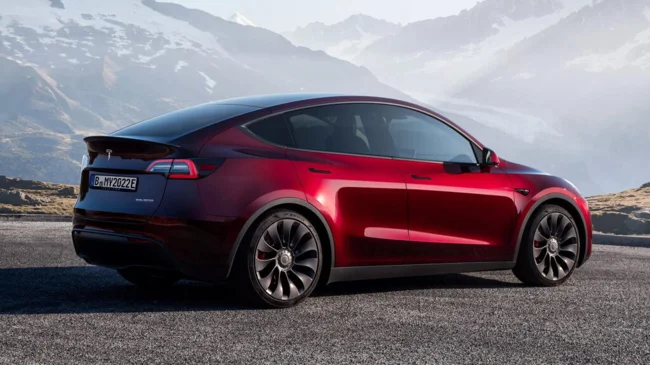
The Liability Dispute
If the case proceeds, Tesla says it will take it to a jury trial because any injuries were caused by factors beyond its control.
Tesla wrote, “Tesla denies every material allegation contained in the lawsuit,” adding that it “demands strict proof of such allegations, and to the extent such issues are matters of fact, asserts that plaintiff must prove such facts by a preponderance of the evidence of a jury.”
Technical Aspects
It’s worth noting that the Model Y does have a mechanical door opener integrated into the armrest, so Maddie had the answer within inches of the button that normally opens the door. However, this is just one of several cases where electric door actuators have been blamed for serious injuries or deaths. Such lawsuits may be why Tesla is reportedly considering redesigning its handles, and why brands like Ford have been forced to recall vehicles with similar designs. 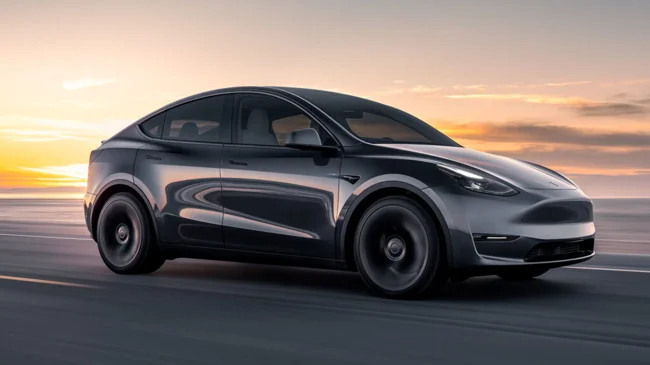
This case highlights the complexity of balancing innovation in the automotive industry with consumer safety. While electric systems offer convenience, they also create new challenges in extreme situations, such as accidents. The question of whether manufacturers should anticipate every possible use scenario for their products remains a subject of debate around the world. The decision in this case could set an important precedent for future technological developments in cars, influencing how companies approach informing customers about safety features and potential risks.
